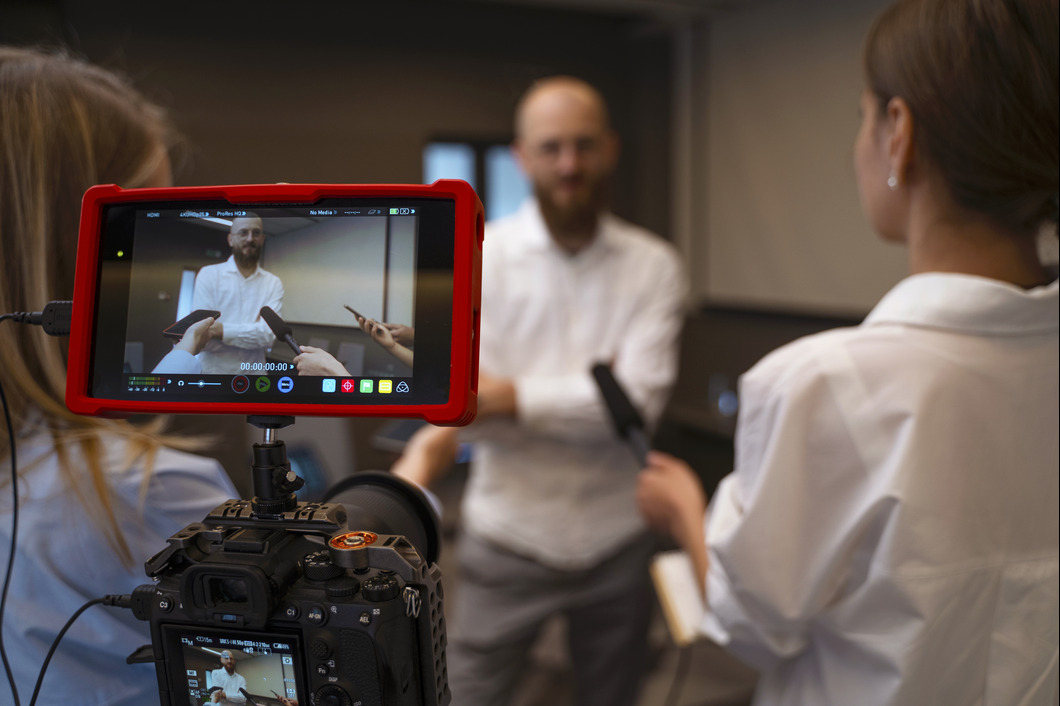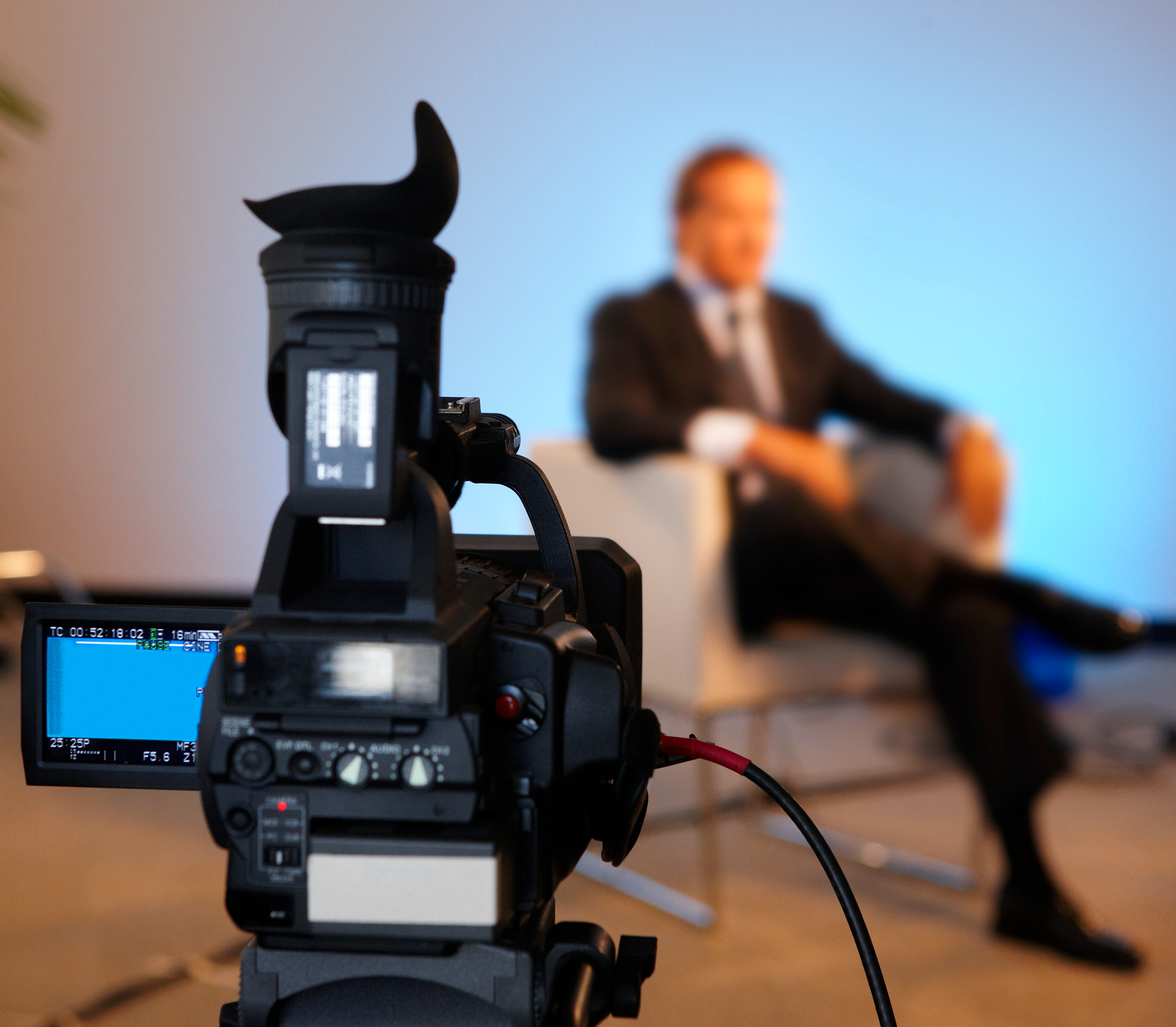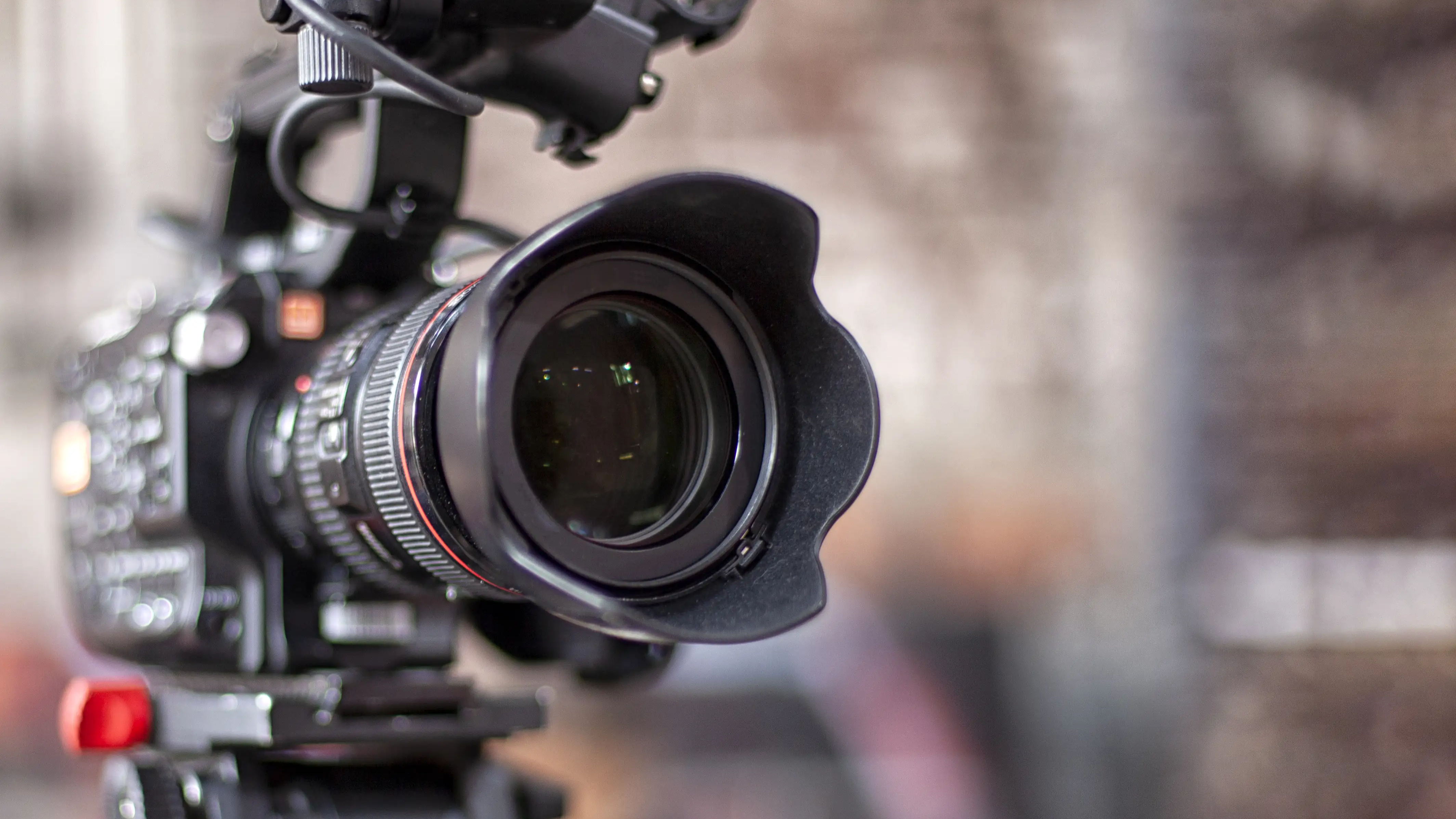The Value of Lawful Video Clip Depositions in Modern Legal Solutions: What You Need to Know
Lawful video depositions have come to be vital in today's legal landscape. They provide a multidimensional view of witness statements that traditional transcripts merely can not match. By catching both spoken and non-verbal communication, these depositions enhance the total understanding of a witness's integrity. The performance of video clip depositions hinges on different factors, consisting of compliance with legal criteria and ideal practices. Checking out these elements discloses their true relevance in modern lawful solutions
What Are Lawful Video Clip Depositions?
Legal video depositions offer as a vital tool in the litigation procedure. They include recording witness testaments in a video clip format, capturing both non-verbal and spoken interaction. This technique allows lawyers to document the demeanor, expressions, and reactions of witnesses, supplying a richer context for the testament. Usually performed in a controlled setting, these depositions are led by attorneys that ask questions while a stenotype reporter documents the discussion. The resulting video can be critical for trial preparation, as it allows lawyers to assess the trustworthiness of witnesses and fine-tune their approaches. Additionally, legal video clip depositions can be made use of in various lawful contexts, varying from civil conflicts to criminal cases. The acoustic and aesthetic elements of video depositions boost the presentation of evidence, making it a necessary part in the modern lawful landscape. Overall, they contribute significantly to the efficiency and effectiveness of legal procedures.

Advantages of Video Clip Depositions Over Traditional Techniques
Video clip depositions supply numerous advantages contrasted to standard approaches of taking witness testimonies. One substantial benefit is the capability to capture both aesthetic and audio elements, providing a more detailed document of the witness's declarations. This twin style improves quality and allows lawyers to reference details subtleties during test preparation. In addition, video clip depositions promote remote involvement, making it easier for witnesses who may be inaccessible for in-person appearances due to geographical restrictions or wellness issues.Moreover, video clip depositions can speed up the total deposition process, decreasing the time and expenses connected with traveling and logistics. They additionally improve accessibility, as tape-recorded depositions can be quickly shared amongst legal groups and referenced any time. This benefit adds to better situation monitoring and preparation. Overall, video clip depositions represent a contemporary, efficient strategy to gathering witness testimonies, aligning with the progressing needs of the legal profession.
The Role of Body Movement and Tone in Testimonies

In legal video depositions, body language and tone play crucial functions in communicating a witness's credibility and reliability. Nonverbal cues can provide insights right into a witness's emotional state, influencing just how their testament is regarded. Comprehending the influence of these aspects is important for lawyers and jurors alike when evaluating the integrity of a testimony.
Nonverbal Communication Insights
While verbal interaction is frequently emphasized in lawful statements, nonverbal cues such as body language and tone play a crucial function in conveying credibility and emotion. Observers of depositions might note that a witness's position, motions, and faces can greatly affect assumptions of integrity. Constant eye get in touch with may signal self-confidence, while staying clear of gaze could recommend deceit or pain. In a similar way, the intonation-- its rate, pitch, and volume-- can impart sensations of genuineness or unpredictability. Lawyers have to be in harmony with these nonverbal signals, as they usually give critical context that enhances talked words. Comprehending these subtleties can boost the efficiency of depositions and affect the result of legal proceedings.
Psychological Tone Impact
The emotional tone conveyed throughout legal statements substantially influences how a witness is perceived. Body language, vocal inflections, and faces play crucial roles in shaping the story of a testimony. A witness showing confidence with stable eye get in touch with and a tranquil tone can impart a feeling of dependability and engagement. Conversely, indications of anxiety, such as fidgeting or a shaky voice, may lead to apprehension regarding their account. The nuances of psychological expression can influence the interpretation of realities, making it crucial for legal specialists to recognize these signs. In video depositions, the visual and acoustic parts combine, emphasizing the relevance of emotional tone in conveying sincerity and reliability within the legal procedure.
Reputation and Dependability
An important consider establishing trustworthiness and dependability throughout statements depends on the witness's body language and intonation. Onlookers frequently depend on non-verbal signs-- such as eye call, posture, and motions-- to evaluate a witness's genuineness. As an example, a witness who preserves eye contact and presents open body language might be viewed as more truthful and reliable than one who stays clear of eye call or shows up shut off. Additionally, intonation plays an essential duty; a stable, calm tone can enhance the reliability of the statement, while fluctuations in pitch or volume may increase uncertainties. Eventually, the mix of body language and vocal tone significantly affects exactly how a witness's statements are obtained and analyzed in a legal context.
Best Practices for Performing Video Depositions
Conducting video depositions calls for mindful planning and execution this website to ensure a clear and efficient presentation of testimony. Initially, it is very important to choose a peaceful, well-lit location to reduce diversions and safe optimum video high quality. The equipment needs to be evaluated beforehand, consisting of electronic cameras, microphones, and lights, to prevent technical problems throughout the deposition.Next, celebrations entailed need to evaluate the style and procedures beforehand, making sure that everybody comprehends their roles. The deponent must be briefed on the procedure, including just how to respond plainly and concisely.Additionally, preserving a professional behavior throughout the session is vital. This consists of avoiding speaking over each other and validating that all inquiries are directed properly. Finally, it is vital to videotape the deposition in a format that allows for very easy playback and testimonial, preserving the integrity of the testament for future usage.
Legal Factors To Consider and Conformity Issues
Just how do lawful considerations and compliance concerns impact the effectiveness of video clip depositions? Attorneys should navigate an intricate landscape of guidelines, guaranteeing that video depositions stick to administrative regulations and criteria. Conformity with laws concerning personal privacy, approval, and recording approaches is essential. Getting specific authorization from all parties entailed is essential to avoid lawful repercussions.Additionally, the admissibility try these out of video evidence in court can pivot on conformity with step-by-step needs. Making certain that the devices used fulfills technological criteria is likewise vital, as low quality can weaken the deposition's reliability.Moreover, attorneys have to recognize any kind of particular state regulations that govern video depositions, as these can differ greatly. Failure to resolve these factors to consider can not just jeopardize the stability of the deposition but additionally influence the total instance method, ultimately impacting the client's legal results.
Exactly How Video Clip Depositions Influence Court Perception
While video clip depositions can act as effective devices in legal proceedings, their influence on court understanding is significant. The aesthetic and acoustic aspects of video recordings offer jurors with a much more comprehensive understanding of witness temperament, integrity, and emotional responses. This multimedia strategy can enhance the jurors' ability to analyze the reliability of statement contrasted to conventional text-based transcripts.Moreover, video depositions permit jurors to observe body language, intonation, and facial expressions, all of which can impact their analysis of the witness's declarations. The existence of a witness on screen can humanize them, promoting empathy and link, which may sway jurors' opinions. Conversely, a witness who appears unreliable or evasive on video clip might bring about adverse understandings that influence a jury's decision. Ultimately, the dynamic nature of video depositions plays an important function fit how jurors analyze proof and reach their judgments.
The Future of Video Depositions in Legal Practice
As improvements in innovation continue to reshape the legal landscape, the future of video clip depositions is positioned for considerable advancement. Technologies such as expert system, online reality, and improved video clip conferencing tools are expected to streamline the deposition process and enhance accessibility. Legal specialists may utilize AI-driven analytics to analyze witness reputation and case stamina more effectively.Moreover, the assimilation of digital fact might enable courts to experience immersive simulations of depositions, providing much deeper context and understanding. Furthermore, the pattern towards remote depositions is likely to persist, providing greater adaptability for clients and lawyers alike.As remote work comes to be significantly normalized, video clip depositions will likely come to be standard technique, reducing costs and time restraints related to traditional methods. Overall, these technical advancements guarantee to boost the performance, efficiency, and accessibility of video clip depositions in lawful practice, inevitably transforming just how lawful professionals plan for trial.
Frequently Asked Questions
Just How Much Do Legal Video Depositions Commonly Cost?

Can Video Clip Depositions Be Made Use Of in Any Kind Of Kind Of Case?
Video clip depositions can be made use of in different types of instances, including civil, criminal, visit this site and household law. Their adaptability enables attorneys to present witness testaments properly, adapting to the details requirements of various lawful situations.
What Tools Is Required for a Video Clip Deposition?
To carry out a video clip deposition, essential equipment includes a top quality cam, microphone, lighting, and a trustworthy recording tool. In addition, a computer system with editing software program might be required for post-production and formatting the final video clip.
How much time Does a Normal Video Deposition Last?
A normal video deposition lasts between 2 to four hours, depending on the intricacy of the situation and the variety of questions presented. Extensive sessions may happen, but breaks are normally incorporated for individual convenience.

Are Video Clip Depositions Admissible in Court?
Video clip depositions are generally admissible in court, offered they comply with lawful standards and regulations of evidence. Their usage boosts clearness and protects witness testimony, aiding in the judicial procedure throughout trials and hearings. Lawful video depositions have come to be vital in today's legal landscape. Furthermore, legal video clip depositions can be utilized in different lawful contexts, varying from civil disputes to criminal situations. Additionally, video depositions promote remote involvement, making it simpler for witnesses who may be inaccessible for in-person looks due to geographical restraints or health issues.Moreover, video clip depositions can speed up the overall deposition process, reducing the time and expenses connected with traveling and logistics. Guaranteeing that the devices used meets technical requirements is also important, as poor top quality can undermine the deposition's reliability.Moreover, attorneys need to be aware of any type of details state regulations that govern video clip depositions, as these can differ substantially. In addition, the trend toward remote depositions is most likely to linger, providing higher versatility for attorneys and clients alike.As remote work comes to be significantly stabilized, video depositions will likely become basic practice, decreasing expenses and time restrictions associated with typical approaches.